Researchers at Crispr Therapeutics, a Swiss biotech company, have successfully conducted a trial using gene editing technology to reduce high cholesterol levels in a small group of participants. The treatment, which involves a one-time infusion to switch off a gene in the liver called ANGPTL3, resulted in a significant decrease in both bad LDL cholesterol and triglycerides. According to the trial's findings, the highest dose tested reduced these levels by an average of 50 percent within two weeks after treatment, with the effects lasting at least 60 days.
The trial, which involved 15 participants, was designed to test the efficacy of the gene editing treatment in addressing high cholesterol levels. The results, presented at the American Heart Association's annual meeting and published in The New England Journal of Medicine, suggest that the treatment could be a promising solution for individuals struggling with high cholesterol. The gene editing technology, known as Crispr, has primarily been used to address rare diseases, but these latest findings indicate that it could be used to treat common conditions as well.
Samarth Kulkarni, CEO of Crispr Therapeutics, described the trial's results as a significant milestone in the development of gene editing technology for medical applications. "This will probably be one of the biggest moments in the arc of Crispr's development in medicine," he said. "We're excited about the potential of this technology to address a wide range of diseases and conditions."
The gene editing treatment works by targeting the ANGPTL3 gene, which is responsible for regulating cholesterol levels in the liver. In some individuals, a mutation in this gene can lead to lower cholesterol levels and a reduced risk of heart disease. The treatment involves using Crispr to edit the gene, effectively "switching it off" and reducing cholesterol production in the liver.
The use of gene editing technology to address high cholesterol levels is a significant development in the field of medicine. High cholesterol is a major risk factor for heart disease, which is a leading cause of death worldwide. The ability to use gene editing technology to reduce cholesterol levels could potentially lead to a significant reduction in the incidence of heart disease.
The trial's results are also significant because they demonstrate the potential of gene editing technology to be used in a wide range of medical applications. While the technology has primarily been used to address rare diseases, these latest findings suggest that it could be used to treat common conditions such as high cholesterol.
The next step for Crispr Therapeutics will be to conduct further trials to confirm the efficacy and safety of the gene editing treatment. The company is also working to develop the treatment for other conditions, including cancer and autoimmune diseases. As the technology continues to evolve, it is likely that we will see more innovative applications of gene editing in the field of medicine.
In a statement, the American Heart Association noted that the trial's results are promising, but more research is needed to confirm the efficacy and safety of the treatment. "While these findings are encouraging, we need to see more data from larger, longer-term trials before we can say for sure whether this treatment is safe and effective for people with high cholesterol," said a spokesperson for the organization.
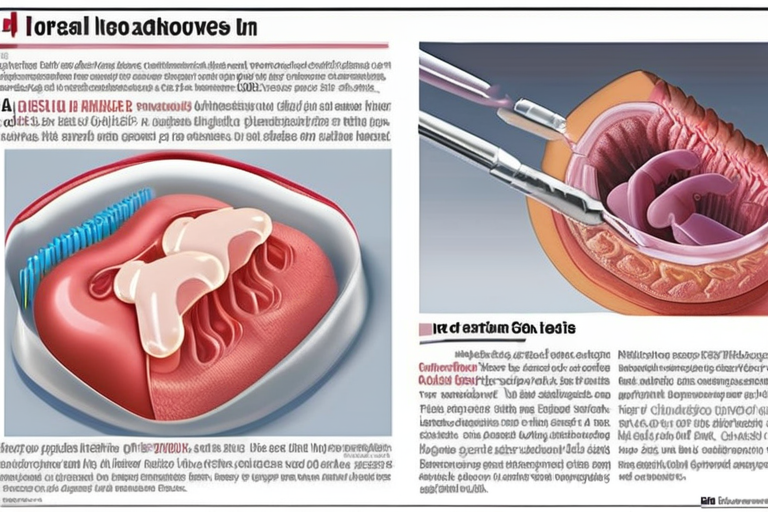




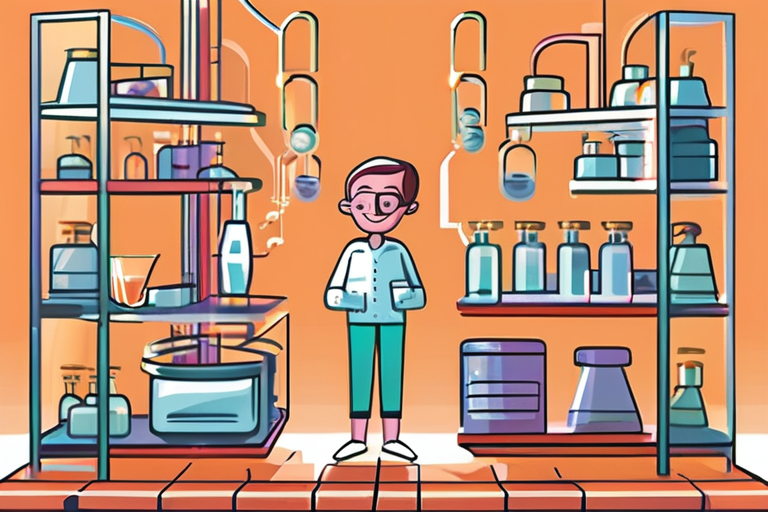




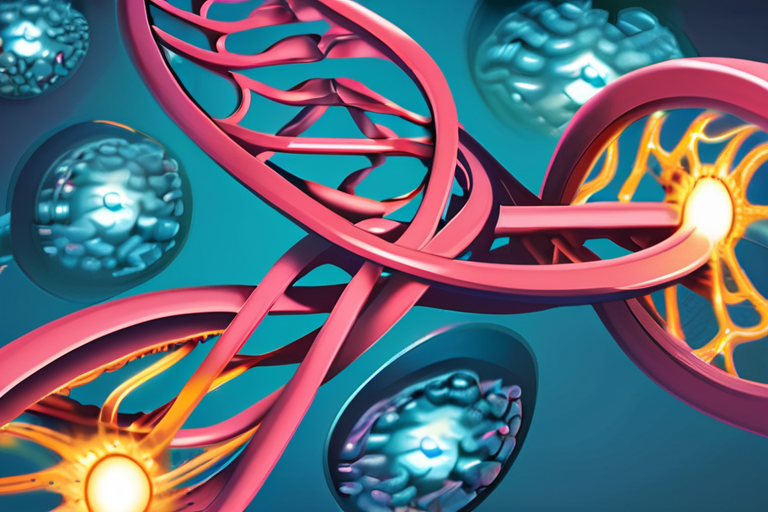
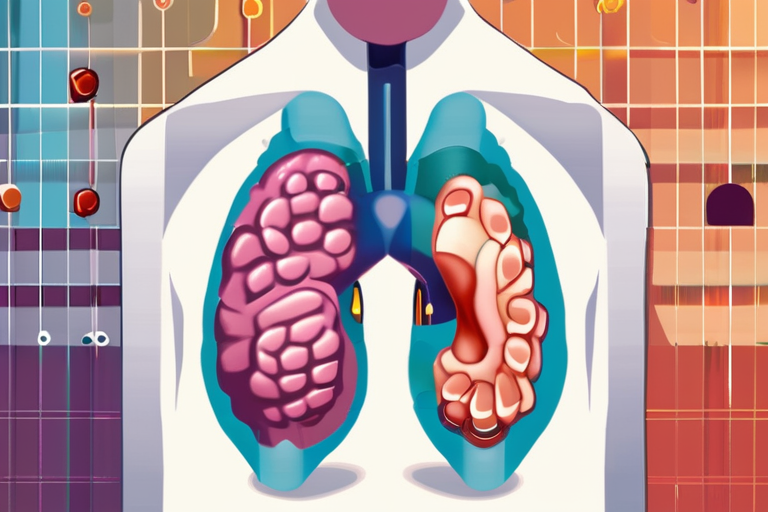
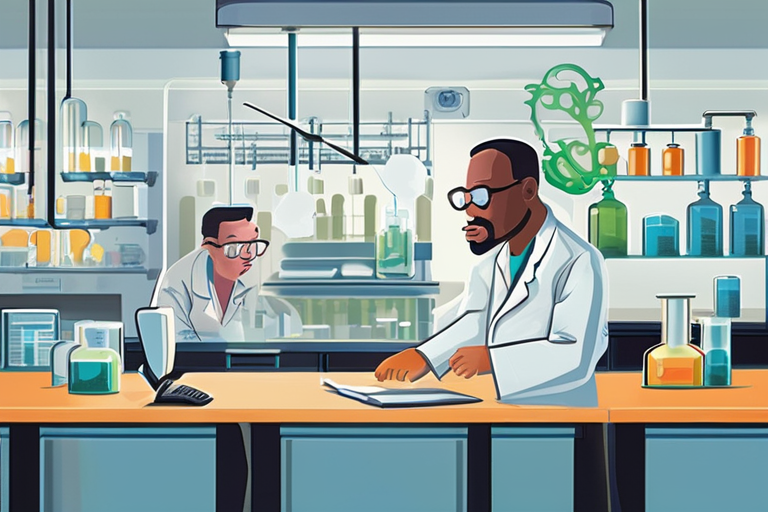
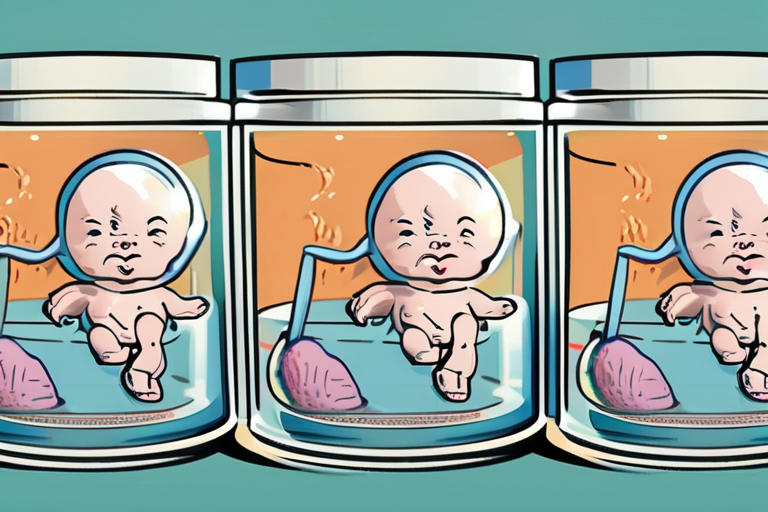


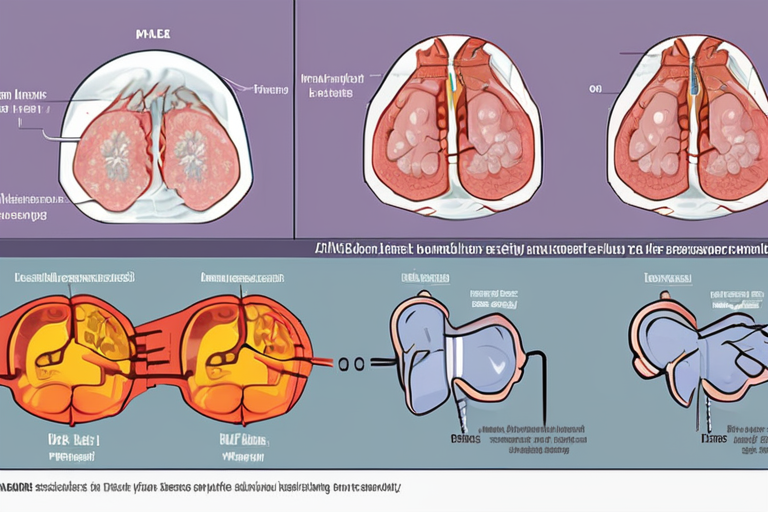


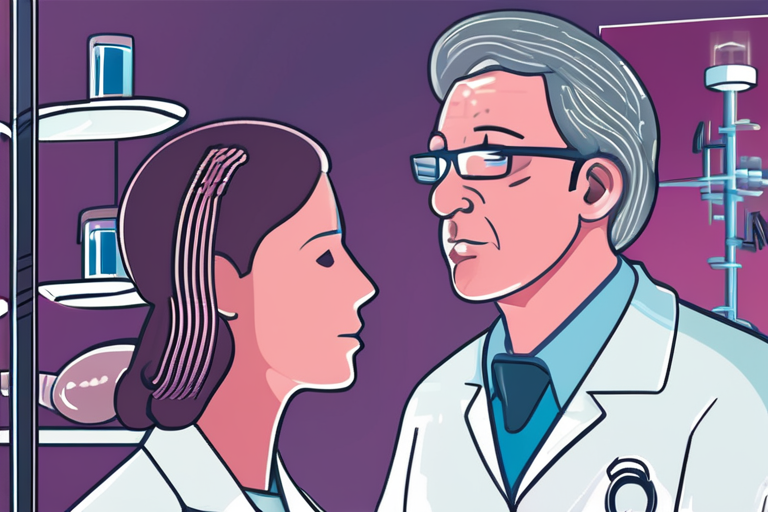





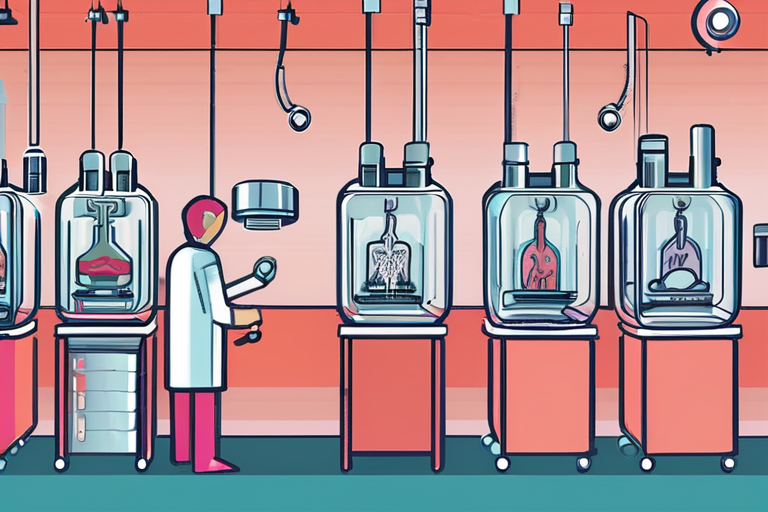

Share & Engage Share
Share this article